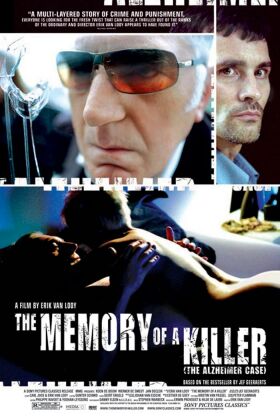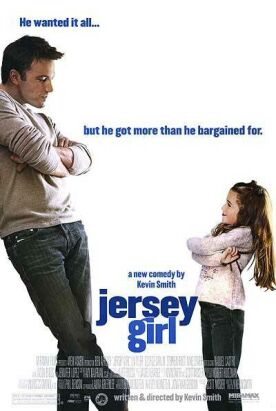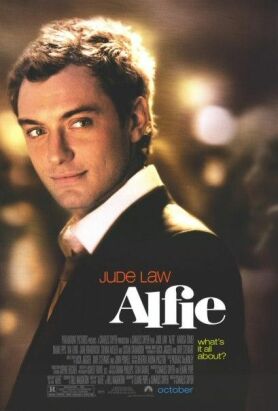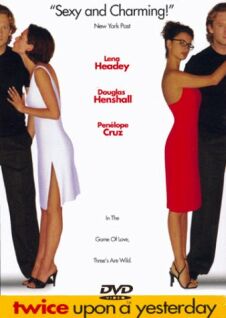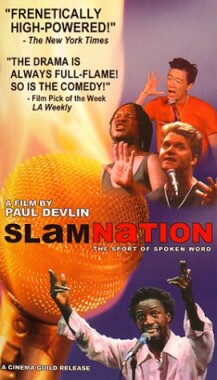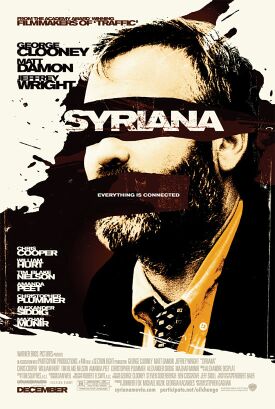Jackie Brown
Jackie Brown confirms two things we have always really known about
Quentin Tarantino at his best (at his worst he is just unspeakable). One is that
he is the most compulsively watchable filmmaker now working in America. He knows
how to keep an audience riveted to the screen, and he knows how to tell a story.
It is a joy to see the glory of Hollywood’s great days, the fast paced,
plot-driven thriller, making something of a comeback under this prodigiously
talented young man. The other thing we know about QT, however, is that he really
hasn’t anything much to say. Along with his very great gifts, he has the very
great failing that seems to go naturally with residence in Greater Los Angeles
in the 1990s, which is a moral vacuum at the center of his soul. For the great
old thrillers and films noirs to which he pays such elaborate homage
always had a moral—often a puritanical—point of view. Tarantino has
taken over many of their other characteristics without taking over that, which
is what gives them their meaning and context. It is very sad. In place of
morality, he has only attitude. Jackie Brown is a very cool movie, and it
will certainly appeal to those who, having embraced the radical moral relativism
of our time, aspire to nothing more than cool. But its utter lack of a moral
sense ultimately makes it not only vicious but incoherent.
Taken from the novel, Rum Punch, by Elmore Leonard, the film tells the
story of the eponymous Jackie (Pam Grier), a middle-aged, underpaid stewardess
with a rinkydink airline shuttling back and forth between LAX and the Mexican
beaches. She is apprehended by two cops, one of whom is an ATF man called Ray
Nicolette (Michael Keaton), as she tries to bring $50,000 of laundered money
back into the country for a small-time arms dealer called Ordell Robbie (Samuel
L. Jackson). They make a deal with her: she delivers up Ordell to them and she
gets off with probation and gets to keep her job; she doesn’t and she goes to
jail, loses her job and has to start all over again, with a record, as an
unattached woman in her mid-40s.
It seems an easy choice, but by this time we have seen Ordell already
casually murder another associate whom the cops are leaning on and whom he,
Ordell, describes as “not a doin’ time kind of guy.” Knowing that the guy will
betray him up rather than do time, Ordell kills him before he has a chance. As
soon as he bails out Jackie Brown, just as he had previously bailed out the dead
man, we know that he is prepared to kill her as well. But she is smart enough to
forestall him. The question is, as she makes separate and, naturally,
incompatible deals with both Ordell and the feds, is she smart enough to save
her own life, avoid jail and maybe get a little nest egg for herself out of
playing them off against each other?
Well, any faithful movie-goer of today will have little difficulty in
answering that question. But we also have to count into the mix the bail
bondsman, Max Cherry (Robert Forster) who immediately takes a shine to Jackie
and who (it appears) becomes her confederate in outwitting both Ordell and
Nicolette. Will she find love into the bargain? Ah, that is not so easy to
answer.
Tarantino has more success with his character development. Like his fellow
Wunderkind, Paul Thomas Anderson (in Hard Eight and Boogie
Nights), he is getting a lot of mileage out of the cinematic representation
of stupidity. Ordell is shrewd in some ways but, as his girlfriend, Melanie
(Bridget Fonda) points out, not smart. His henchman, Lewis (Robert DeNiro) is an
ex-con who is very stupid indeed. There is a small post-modern joke in the fact
that Lewis is still a recognizably DeNiroish sort of character, a sort of
lobotomized Max Cady or Travis Bickel. Melanie is stupid in a different way.
Deliberately stupid. She smokes marijuana all the time. When Ordell says to her,
rather comically, that that stuff will rob her of her ambition, she replies that
“My ambition is to get high and watch TV.” But the stupid policemen have become
too much of a cliché. There’s been a slight change of plans, says Jackie
as they attempt to set up Ordell: she’s only bringing in $50,000 instead of the
half a mill as originally planned. Duh, OK, say the cops. “I sure hope you
didn’t do something stupid, Jackie,” says Nicolette hilariously.
But the film keeps you watching right up to the end when it completely falls
apart. The closing scenes are more like tableaux wrenched from their contexts
and stripped of narrative continuity or plausibility. Why do the characters do
what they do? We can only be sure that it has to end the way it does because the
characters have to strike the cool poses of those old film noir
heroes—the tough dame, the hard-boiled private dick, the confident,
conscienceless villain. It is these poses chiefly which Tarantino has really
absorbed in all those now-celebrated hours of watching old movies. Maybe he
should have spent a little of the time reading about moral and religious
thought.
Discover more from James Bowman
Subscribe to get the latest posts to your email.


